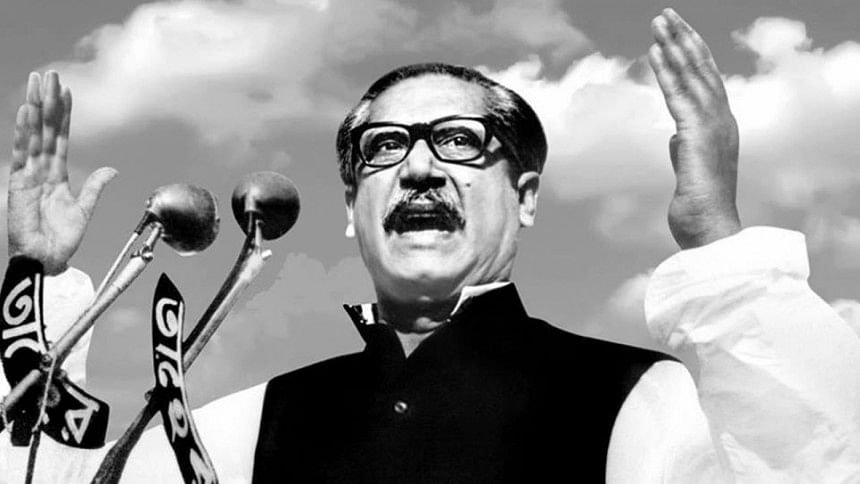Little progress in bringing six fugitive killers back

The extradition of six fugitive killers of Bangabandhu Sheikh Mujibur Rahman sees little progress even a decade after trial proceedings of the assassination case were completed.
The Supreme Court on November 19, 2009 upheld a High Court verdict, confirming capital punishment of 12 people, including the six, for killing the Father of the Nation and most of his family members in a coup d’état on August 15, 1975.
Five of the convicts -- Syed Farooq Rahman, Sultan Shahriar Rashid Khan, Bazlul Huda, AKM Mohiuddin Ahmed and Mohiuddin Ahmed -- were executed on January 27, 2010. Another killer, Aziz Pasha, died in Zimbabwe in 2001.
Those who remain fugitives are Col (dismissed) Khandaker Abdur Rashid, Lt Col (relieved) Shariful Haque Dalim, Maj (retd) Noor Chowdhury, Maj (retd) Rashed Chowdhury, Capt Abdul Majed and Risaldar Moslehuddin Khan.
A taskforce comprised of ministers and high officials of the foreign, law and home ministries was formed in 2010 to locate and bring back the six.
The government had also made global appeals in bilateral, regional and international forums to track down the culprits. However, only two of the six could be traced -- Rashed Chowdhury in the US and Noor Chowdhury in Canada.
Two law firms -- in the US and Canada -- were also appointed for lobbying to bring the killers back to the country.
Officials at the law and foreign ministries said the government has been deeply engaged with the US and the Canadian authorities about extradition of the two killers but they have not yet agreed to send them back.
Bangladesh government has repeatedly asked the US government to extradite Rashed, cancelling his political asylum.
The issue was also discussed when Foreign Minister AK Abdul Momen held a bilateral meeting with US Secretary of State Mike Pompeo on the sidelines of the Asean Regional Forum conference in Bangkok on August 2.
“Immediately after meeting him [Pompeo], he said: ‘Don’t ask me your Rashed Chowdhury’,” Momen told reporters at the foreign ministry after returning from Bangkok on August 4.
That means Pompeo was well aware of the matter, he said.
Momen told Pompeo: “You speak of rule of law. If I cannot implement the court order of my country, how can we do that?”
The US secretary of state replied that he would look into the matter.
The problem is that the subsequent governments, after the killing of Bangabandhu, provided many privileges to the killers, including issuing passports of different categories. Even, they changed their names, Momen noted.
He also raised the issue of extraditing Noor Chowdhury, who is in Canada without any legal papers, when he met Canadian Foreign Minister Chrystia Freeland.
Canada has so far refused to deport him, as its policies do not approve sending back a person to a country that has the provision for death sentence.
Freeland told Momen that she has no control over Canadian law. Yet, she said, as she goes back, she would look into the matter.
“I said if you shelter the criminals, the murderers, your country would be a hub of criminals. Extraditing them is also important for us to establish the rule of law,” the foreign minister said.
He said he was optimistic that the government would be able to get back some of the fugitive killers by next year when Bangladesh would celebrate the centenary of Bangabandhu’s birth.
Asked about it, Law Minister Anisul Huq said the government has been trying to bring back the killers through legal and diplomatic channels.
“I can’t give any timeframe, but hopefully we can do it,” he told The Daily Star on August 9.
He also said the government has started a process for confiscating the properties of the fugitive killers of Bangabandhu, while considering formation of a commission to identify other conspirators of the assassination.


 For all latest news, follow The Daily Star's Google News channel.
For all latest news, follow The Daily Star's Google News channel. 



Comments